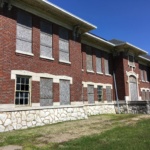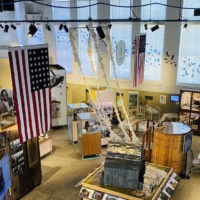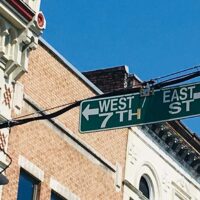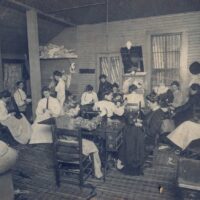WKMS and Sounds Good presents special programming this February in celebration of Black History Month. Programs range from musical to educational and are available in partnership with multiple media outlets worldwide.
See the full schedule below.
11 a.m. • Thursday, Feb. 3
A Critical Moment
When it comes to teaching about race and history, American classrooms are at a crossroads. What can we learn from Germany’s post-war path? How do you teach about a country’s sins?
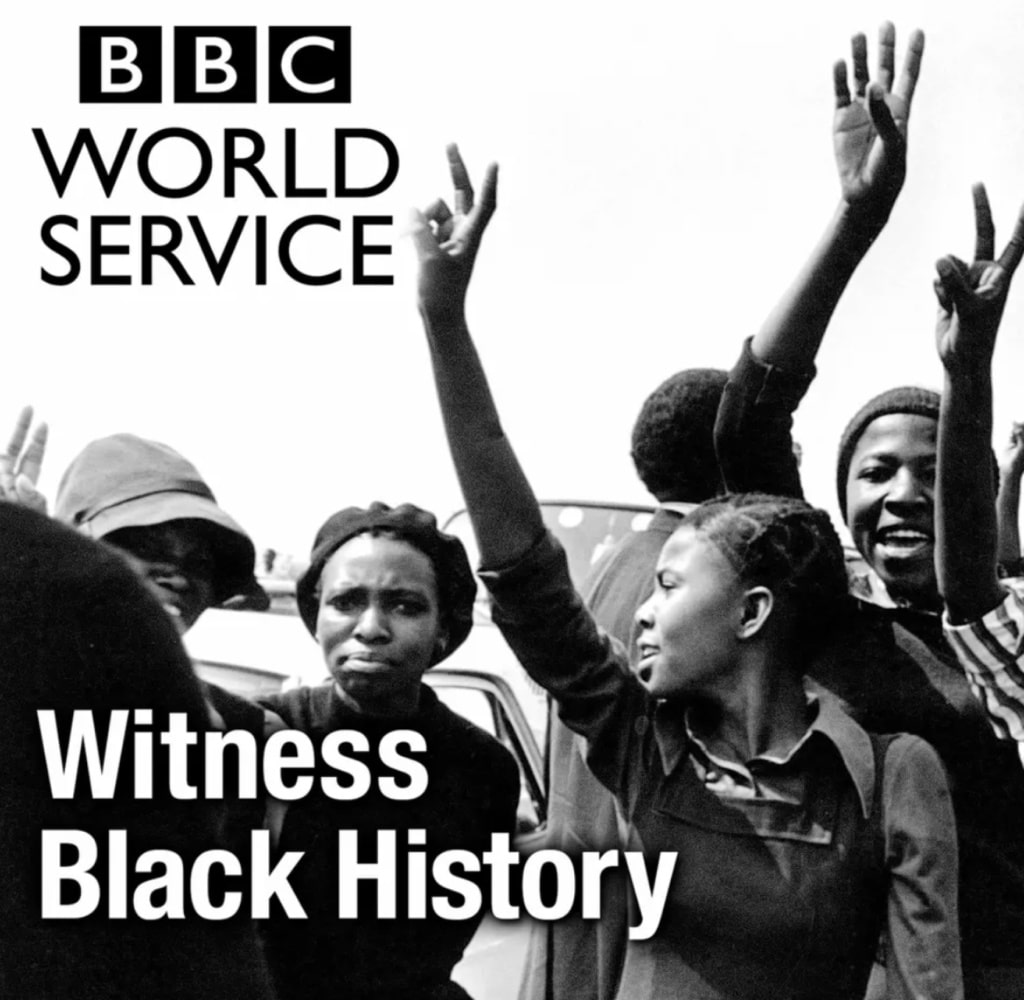
Many American teachers and students say it’s time to learn about our country’s legacy of racism. But some conservatives are calling these lessons indoctrination. They’ve co-opted a new label for those discussions: critical race theory.
Now, Republican politicians in Kentucky and many other states are trying to reign in classroom conversations on race. At least nine states have already banned teachers from bringing up certain topics around race. Another five have state-level action around this issue. Even more have legislation in the works, including Kentucky.
But the U.S. isn’t the only country with an unsettling history to deal with. In Germany, students are required by law to learn about one of their nation’s darkest chapters: the Holocaust.
Produced by Louisville Public Media and broadcast on Kentucky Public Radio Network, A Critical Moment examines how two countries teach about their difficult histories and why.
Noon • Thursday, Feb. 3
Witness: Black History Month
A special hour-long edition of Witness History from the BBC World Service, bringing together some incredible interviews looking at the African-American experience. Told by people who were there, we hear stories that are fascinating, harrowing, and inspiring.
Segments include: The Tuskegee Syphilis Study, American new pioneer Dorothy Butler Gilliam, Nelson Mandela in Detroit, NASA’s pioneering Black women, the “Godfather of Gospel Music,” and what the Confederate flag represents in America’s battle over race.
Noon • Thursday, Feb. 10
Separate and Unequal
In 1970, Philicia Jefferson was forced to integrate into all-white, E.C. Glass High School in Lynchburg, Virginia. 40 years later, she finally attended her first class reunion. She says it was a profoundly healing experience. Plus: as a teenager, Owen Cardwell made history as one of the first Black students to attend E.C. Glass High School. Today, he continues to work on improving equity in public schools as a civil rights leader and scholar.
Later in the show: in 1951, Barbara Johns led a student strike for equal education at Robert Russa Moton High School. Brian Daugherity explains how this small community in Prince Edward County came to be at the center of the national fight to end segregated schools. And: Dwana Waugh has listened to hundreds of oral histories from students who lived through desegregation. She says what struck her the most was the painful sense of loss African American students felt when leaving their all-black schools.
Noon • Thursday, Feb. 17
When Sunday Comes
In 2019, Virginia joined just three other states in making Juneteenth a paid state holiday, recognizing it as a holiday for all Virginians. Historian Lauranett Lee says in this country we have parallel histories, with Black and white Americans knowing about and acknowledging different pasts
But community efforts and local activists are elevating the stories of African Americans so that those parallel histories are brought together. One of those local historians is Wilma Jones, who grew up in the mostly Black community of Halls Hill in Arlington, Virginia. Now the neighborhood is rapidly gentrifying and Black families like hers have been pushed out. Today, Jones says it’s too late to save Grandma’s house, but it’s not too late to save her history.
Noon • Thursday, Feb. 24
1963: A Man’s Dream, A Nation’s Nightmare
An hour-long jazz special: It was a year of raised hopes and devastating tragedy, and the world of jazz continued to reflect both the growing unease and the youthful vitality of a nation in transition. We’ll hear the music of John Coltrane, Jackie McLean, Erica Dolphy, and others.
Listen to WKMS’s special programming on-air, online at WKMS.org, or via the NPR One app. You can also ask your smart speaker to “play WKMS.”

